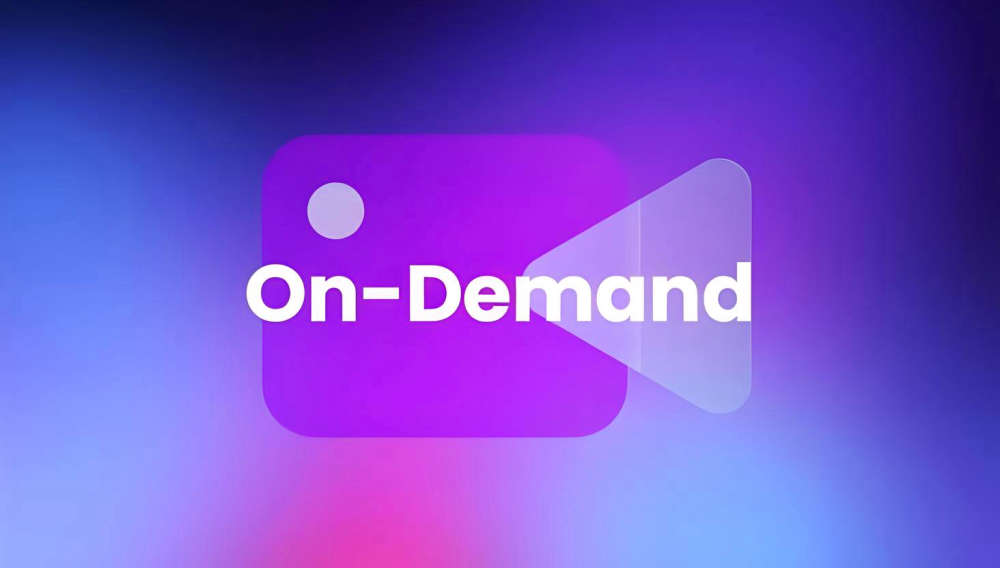
Spotify's use of low-cost, pseudonymous tracks in its playlists is undercutting the work of real musicians, according to an explosive report published by Harper's Magazine.
Spotify has long presented itself as a champion of artists and democratized music, a platform where artists and listeners connect within a frictionless, meritocratic ecosystem. But behind the polished image lies a troubling reality: the Perfect Fit Content (PFC) program, a secretive initiative revealed in Liz Pelly's forthcoming book, Mood Machine: The Rise of Spotify and the Costs of the Perfect Playlist, which suggests profit is the utmost priority in the platform's playlisting ecosystem.
The program, according to Pelly's reporting in Harper's Magazine, is designed to embed low-cost, royalty-free tracks into Spotify's most popular mood- and activity-based playlists. Produced by a network of "ghost artists" operating under pseudonyms, the tracks are commissioned with the intent to reduce the company's royalty payouts to artists, per Pelly.
Piloted in the 2010s, the PFC initiative has since infiltrated hundreds of Spotify playlists, according to Pelly's investigation. The deals are said to typically pay the program's artists modest upfront fees while Spotify and its partners retain all rights to the music, thereby recognizing substantially more profit by promoting the reach of ghost tracks on its platform.
The program's effects extend beyond the individual musicians who relinquish ownership of their intellectual property. Once celebrated as avenues for artistic discovery, playlists have become tools for cost-cutting while musicians who are attempting to make a livable wage off their craft are pushed aside in favor of disposable, low-cost content.
The revelations about PFC echo similar controversies surrounding Spotify's "Discovery Mode" program, in which artists trade royalty cuts for a boost in algorithmic promotion. Both initiatives seemingly exemplify the platform’s willingness to engineer its ecosystem in ways that benefit the company's bottom line at the expense of musicians.
"Spotify had long marketed itself as the ultimate platform for discovery—and who was going to get excited about 'discovering' a bunch of stock music?" Pelly explained. "Artists had been sold the idea that streaming was the ultimate meritocracy—that the best would rise to the top because users voted by listening. But the PFC program undermined all this."
You can read Pelly's full report here.
 Recording Academy Pledges $1 Million to Support Musicians Affected by LA Wildfires
Recording Academy Pledges $1 Million to Support Musicians Affected by LA Wildfires
 deadmau5 Transports Us to the Stars With Celestial New Track, "Jupiter"
deadmau5 Transports Us to the Stars With Celestial New Track, "Jupiter"
 EDM.com Fresh Picks: Charli xcx, MarMar, Jaxon Wild & More
EDM.com Fresh Picks: Charli xcx, MarMar, Jaxon Wild & More
 KDrew Weaves Texture and Tension Through New Dance Banger, "Surface": Listen
KDrew Weaves Texture and Tension Through New Dance Banger, "Surface": Listen
 Breakaway Dallas Unveils 2025 Lineup With Zedd, Afrojack, SLANDER and More
Breakaway Dallas Unveils 2025 Lineup With Zedd, Afrojack, SLANDER and More
 LEVEL UP Delivers a Dose of High-Voltage Dubstep In New EP, "Sapphire Souls"
LEVEL UP Delivers a Dose of High-Voltage Dubstep In New EP, "Sapphire Souls"
 Jade Cicada Fuses Glitchy and Organic Soundscapes In New EP, "Lunar Fade"
Jade Cicada Fuses Glitchy and Organic Soundscapes In New EP, "Lunar Fade"
 Boiler Room Study Introduces Five "New Rules of Youth Culture"
Boiler Room Study Introduces Five "New Rules of Youth Culture"
 Techno Icon Sven Väth to Become Father Again at 60
Techno Icon Sven Väth to Become Father Again at 60
 Jaxon Wild Unleashes Genre-Bending Chaos With New Single, "RUN IT"
Jaxon Wild Unleashes Genre-Bending Chaos With New Single, "RUN IT"
 End Overdose and Fentanyl Frontline Partner to Offer Critical Harm Reduction Tools In LA County
End Overdose and Fentanyl Frontline Partner to Offer Critical Harm Reduction Tools In LA County
 Tomorrowland's AREAL Technology Brings Immersive 3D Audio to CES 2025
Tomorrowland's AREAL Technology Brings Immersive 3D Audio to CES 2025
 LAMMER's New Single Is a Dopamine-Soaked Love Letter to Endless Nights
LAMMER's New Single Is a Dopamine-Soaked Love Letter to Endless Nights
 Anyma and Ellie Goulding's "Hypnotized" Doesn't Just Describe Hypnosis—It Administers It: Listen
Anyma and Ellie Goulding's "Hypnotized" Doesn't Just Describe Hypnosis—It Administers It: Listen
 Health Concerns Force Sebastian Ingrosso to Cancel Vegas Sphere Performance
Health Concerns Force Sebastian Ingrosso to Cancel Vegas Sphere Performance
 LA's Sound Nightclub Offers Refunds as City Grapples With Catastrophic Wildfires
LA's Sound Nightclub Offers Refunds as City Grapples With Catastrophic Wildfires
 Boogie T to Headline Benefit Concert Supporting Victims of New Orleans Terror Attack
Boogie T to Headline Benefit Concert Supporting Victims of New Orleans Terror Attack
 John Summit's "Caverns Weekender" Is Taking a Year Off In 2025
John Summit's "Caverns Weekender" Is Taking a Year Off In 2025
 This Groundbreaking AI Tool Converts Images Into Sound
This Groundbreaking AI Tool Converts Images Into Sound
 Claude VonStroke Teases Comeback, Shares His "First Major DJ Mix" From 2007
Claude VonStroke Teases Comeback, Shares His "First Major DJ Mix" From 2007






